Benjamin Franklin Would Have Loved Bitcoin [Colonies, Cryptography, and the Advent of New Money]
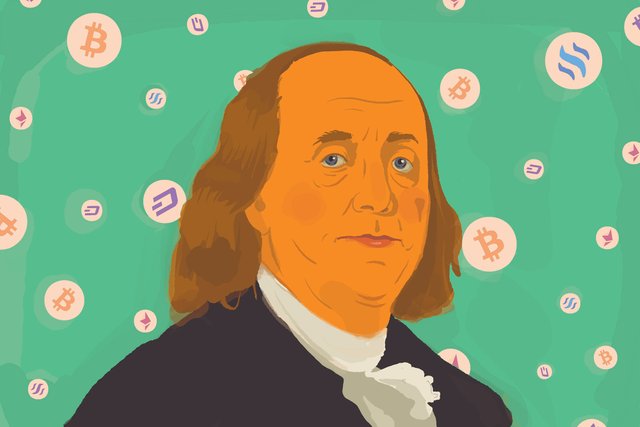
Benjamin Franklin, Front Man for the $100 Bill.
One of the Founding Fathers of the United States, Ben Franklin is probably the most recognized and well-traveled face across the fiat world. A world-renowned polymath and entrepreneur, Franklin carved a path towards American independence in the late 1700s and industrial-era innovation into the 1800s. He's a status symbol, a beacon for democracy, and sometimes, a character in the suitcase of a crime thriller. But if Franklin were alive today, he wouldn't just be all about the Benjamins, he'd be all about the Bitcoins too.
American Colonies and Cryptography
Back in the late 18th and early 19th century, the leaders of the newly minted United States were deeply into the world of cryptography. You don't hear about it very often, but Thomas Jefferson was especially obsessed with creating maze-like ciphers and cryptic letters to hold secrets about everything from love interests to the Louisiana Purchase. The Revolutionary War that brought America's independence from Great Britain was said to have been coordinated through dozens of secret languages used by the Father's themselves; George Washington, Benjamin Franklin, Alexander Hamilton, John Adams, John Jay, and James Madison.
Why did early American leaders have such cryptographic tendencies? In order to understand these roots, let's look back into what life was like in the American Colonies.
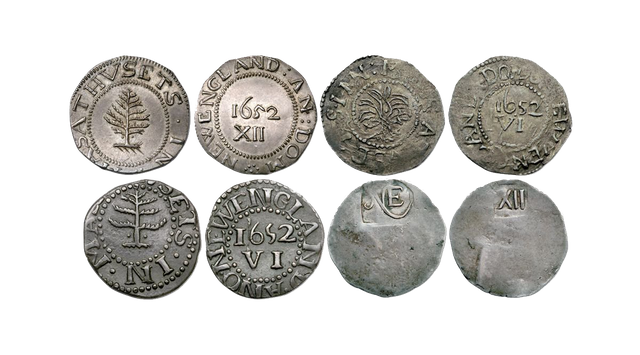
The First Alt-Coins?
In the late 1600s, American Colonies were expanding rapidly but struggled to expand their hyper-local economies. Each region had commodities to trade and infrastructure to trade those goods on. But loyalty to the British Crown came with some logistical hangups. As trade matured in the Americas, it became increasingly difficult to use British money across the Colonies. UK coin was simply hard to come by on the paths of commerce from Virginia to Pennsylvania. This prompted the development of local coins. Colonies invented their own currencies and used them as metrics for trade and to connect with their neighbors.
However, problems cropped up quickly. Counterfeit coins and faux paper contracts spread like wildfire. Fake currencies forked off of legitimate ones and began to overwhelm the Colonies. An alt-coin overload created confusion when it was supposed to provide clarity.
The Origins of Paper Money
The Colonies were flush with confusing coins and conflicting contracts. But behind it all, there was a new character on the scene in Philadelphia who was busy securing contracts to print paper money. Benjamin Franklin was hard at work.
Back in the early 1700s, paper money wasn't taken very seriously. Paper literally was not worth its weight in gold, silver or copper - it was just simply a paper contract. Even further, paper could be forged easier than metal coins. But the colonies needed fast options and were willing to explore solutions that were cheaper to produce, faster to move, and more secure to hold onto.
Life, Liberty and Leaf Prints
In an effort to combat fraudulent money, Franklin came up with an artful solution. In 1729, Franklin created a series of paper Shillings that carried unique signatures of Philadelphian plant species. His good friend, Joseph Breintnall happened to be a botanist, who also lived in Philadelphia. Breintnall was renowned for cataloging local flora through rigorously detailed printmaking. His ink signatures were each one of a kind. Each plant species carried a local fingerprint that was unmistakable. Franklin saw an opportunity to incorporate these plant prints as an anti-counterfeiting measure.
This flora-fingerprint became the beginning of trusted paper money in the Americas.
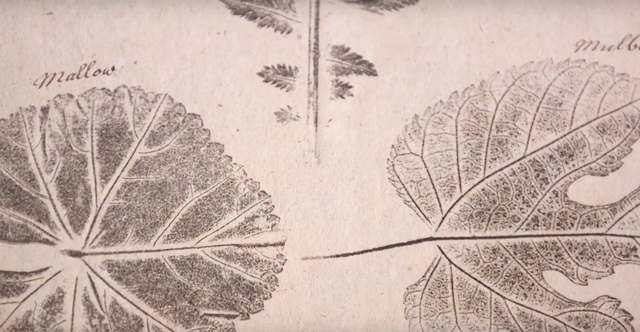
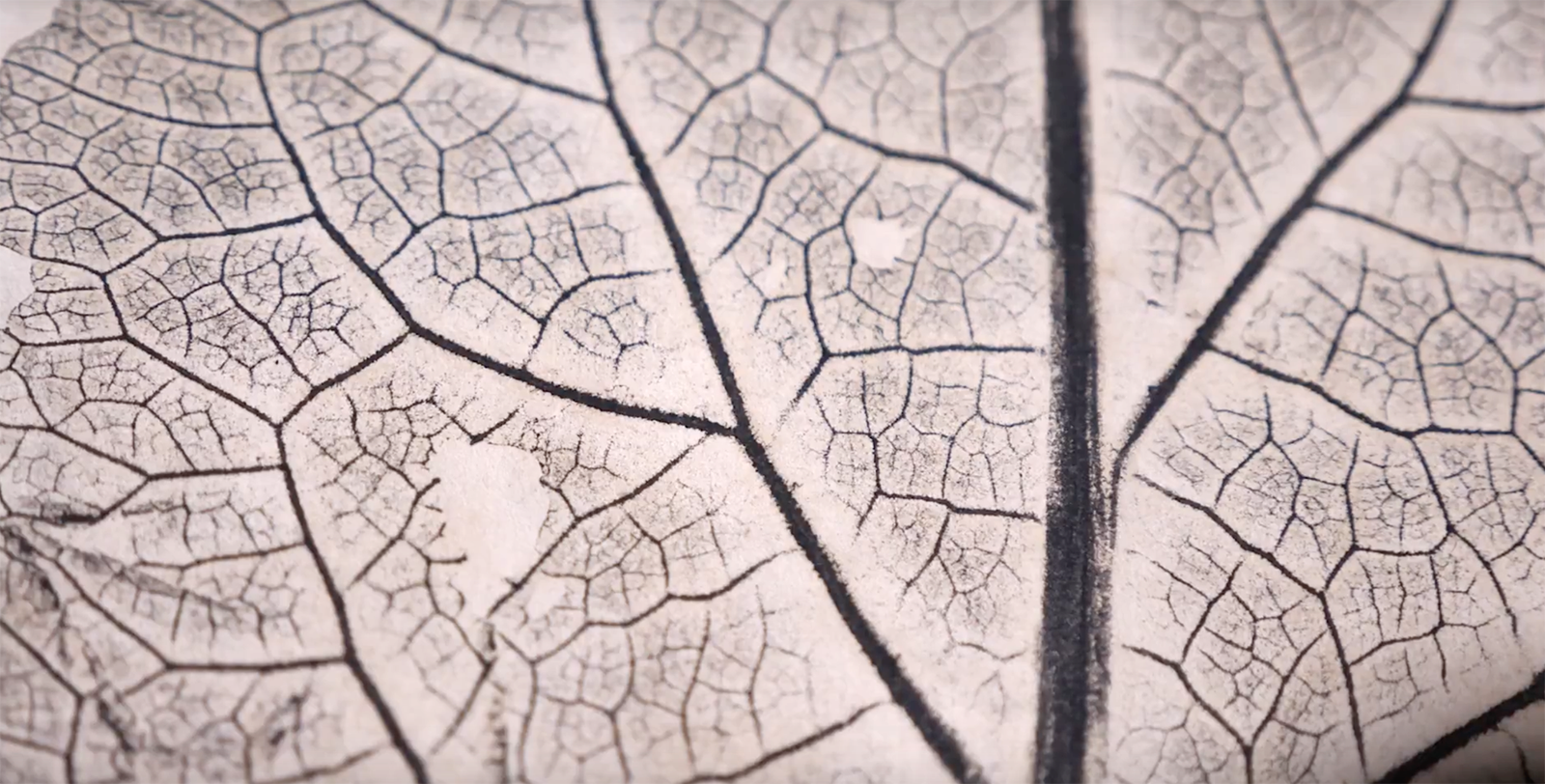
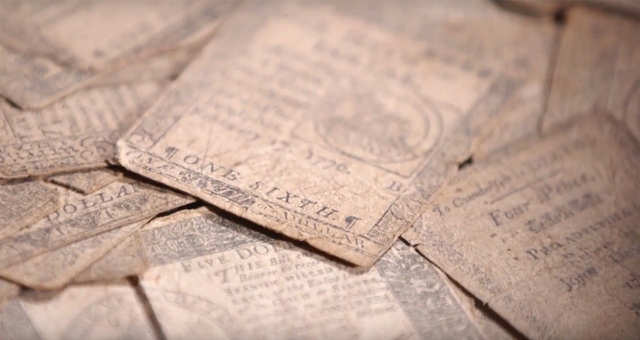
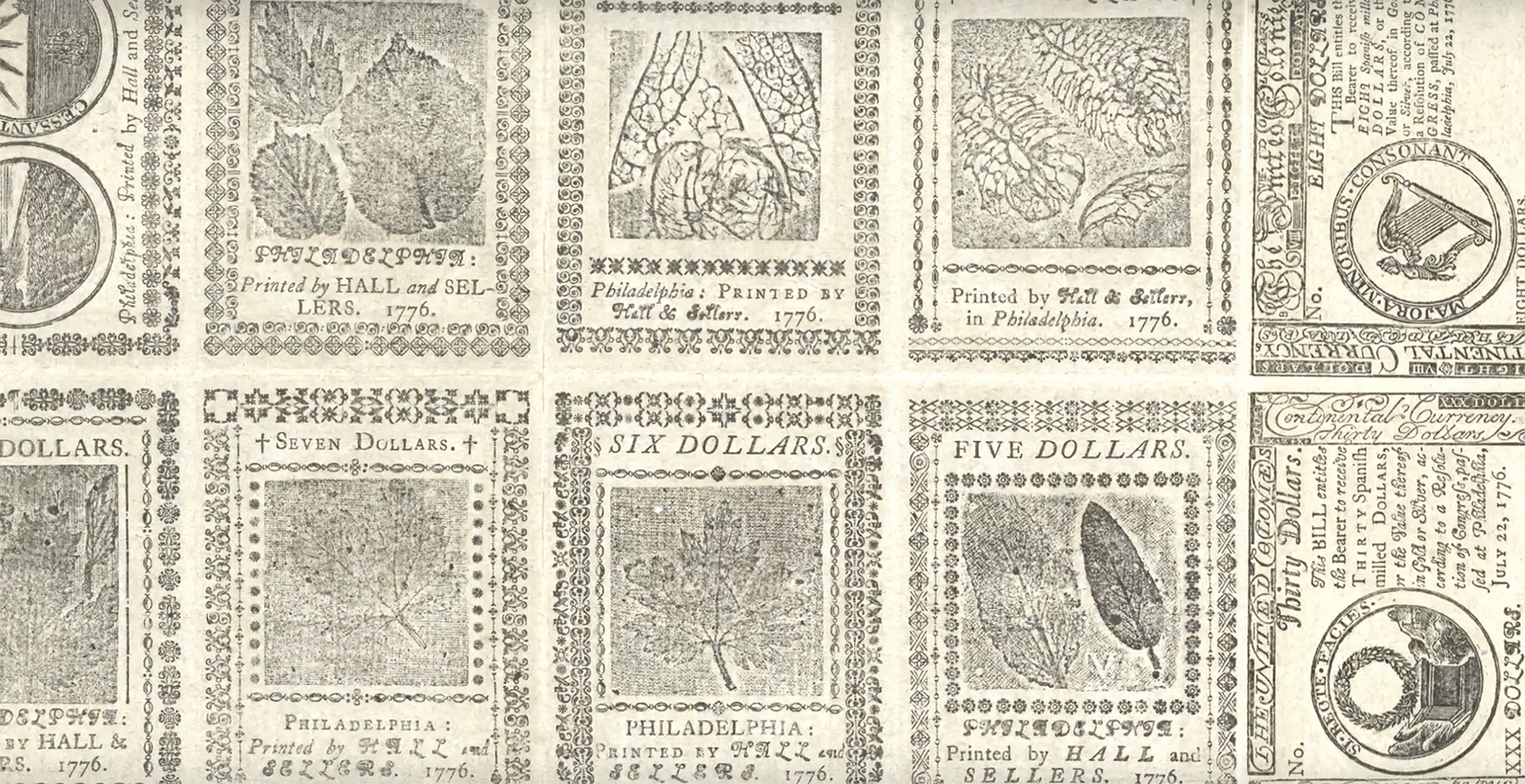
Smart Contracts and a Declaration
In 1776, America declared its independence from British rule. Thirteen American Colonies merged into one nation and Franklin's paper money became a catalyst for secure Fiat across the now United States. In the 18th century, Benjamin Franklin was a torch-bearer for a new store of value. Today, he'd surely be the same.
Franklin understood "money" as a token of trust within networks. For the American Colonies, it served as a catalyst for the growth of a new world and independence from an old one. Today, history is repeating itself. If Franklin were alive, he would surely have fought not just for free and fair economic independence, but also for a smarter way to empower the future.

Posted from my blog with SteemPress : https://thecreativecrypto.com/benjamin-franklin-would-have-loved-bitcoin-colonies-cryptography-and-the-advent-of-new-money/
Very interesting to hear about the challenges with currency the early settlers faced. I'm guessing all the founding fathers would have been in favor of cryptocurrency...they were free thinking revolutionaries after all.
What gorgeous botanical print $$!
... and Jefferson would burn down the Federal Reserve
Highly rEsteemed!
Clever analogy. US actually had many local currencies circulating in the form of bank notes and private debt issuances until 1863, when Lincoln outlawed all currency except the US dollar as a war measure to preserve its purchasing power.